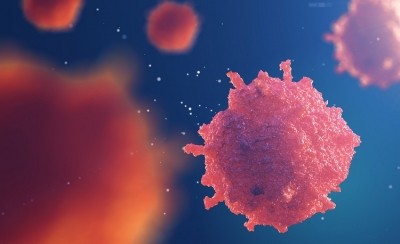Nordic project takes ‘manufacturing-on-demand’ approach to future drugs

The collaboration, known as Nordic POP (Patient-Oriented Products), will use 35m DKK ($6m) of funding from NordForsk – an organisation under the Nordic Council of Ministers that provides funding for and facilitates Nordic cooperation on research and research infrastructure – to create flexible and translational approaches to personalised medicine manufacturing.
Jukka Rantanen, professor at the Department of Pharmacy, University of Copenhagen who is leading the project, said that new patient-oriented and personalised drug products require a “totally new mindset” in the drug development process.
“Instead of one-size-fits-all medication, the potential of new patient oriented products considering gender, age, lifestyle, genetic profile, metabolic capacity, and microbiota will be explored,” he told in-Pharmatechnologist.
“The project team is aiming to create new innovative drug products, where the dose, release mechanism, and size/shape of the product could be easily personalised based on the patient needs.”
Lack of innovation
“Pharmaceutical products are not designed to be personalised,” said Rantanen, and despite the growth in development number of new medicines, “the most common customer product for treatment is based on tablets with a fixed dose of the active compound.”
200 years on from the first patent on a tablet machine, tablets and other solid dosage forms still cover more than 60% of the pharmaceutical market, he said, and contrasted the lack of innovation in the pharma industry to the telecommunication industry where customer needs have driven the development of new telecommunication products.
“Translation of innovative treatment strategies has not been successful and there are only a few new patient oriented products reaching the market.”
‘Manufacturing-on-demand’
Therefore the project aims to develop a number of alternative platforms, based on a “manufacturing-on-demand” approach, Rantanen said.
“This project will investigate the use of additive manufacturing using 2D and/or 3D printing, electrospinning/electrospraying, and microfluidics based production platforms for processing of innovative products with one or more drug compounds in the same product.”
The project partners are working with different Nordic-based pharmaceutical companies and the technologies developed will be “translated into industrial products via well-established and already existing industrial co-operation,” Rantanen said.
Novo Nordisk, LEO Pharma, AstraZeneca and Orion Pharma have members on NordForsk’s Advisory Board for this collaboration.




















